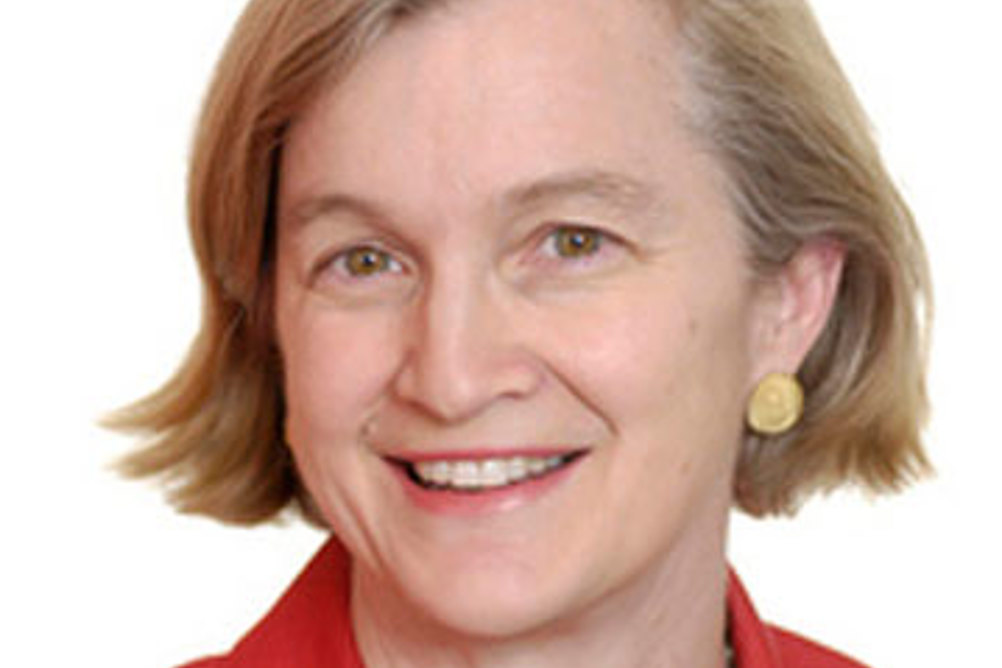
Speaking at the virtual launch of the inspectorate’s annual report today, Ms Spielman said, ‘When nurseries and schools closed in March, they were told to remain open to the most vulnerable children with SEND, those in care, children with existing mental health problems – which of course meant those whose need was already identified. And even of these, we know that relatively few actually attended. The rest stayed at home – some, inevitably, in harm’s way.
‘Teachers are often the eyes that spot signs of abuse and the ears that hear stories of neglect. Closing schools didn’t just leave the children who - unbeknown to others - suffer at home without respite, it also took them out of sight of those who could help.’
Register now to continue reading
Thank you for visiting Nursery World and making use of our archive of more than 35,000 expert features, subject guides, case studies and policy updates. Why not register today and enjoy the following great benefits:
What's included
-
Free access to 4 subscriber-only articles per month
-
Unlimited access to news and opinion
-
Email newsletter providing activity ideas, best practice and breaking news
Already have an account? Sign in here
